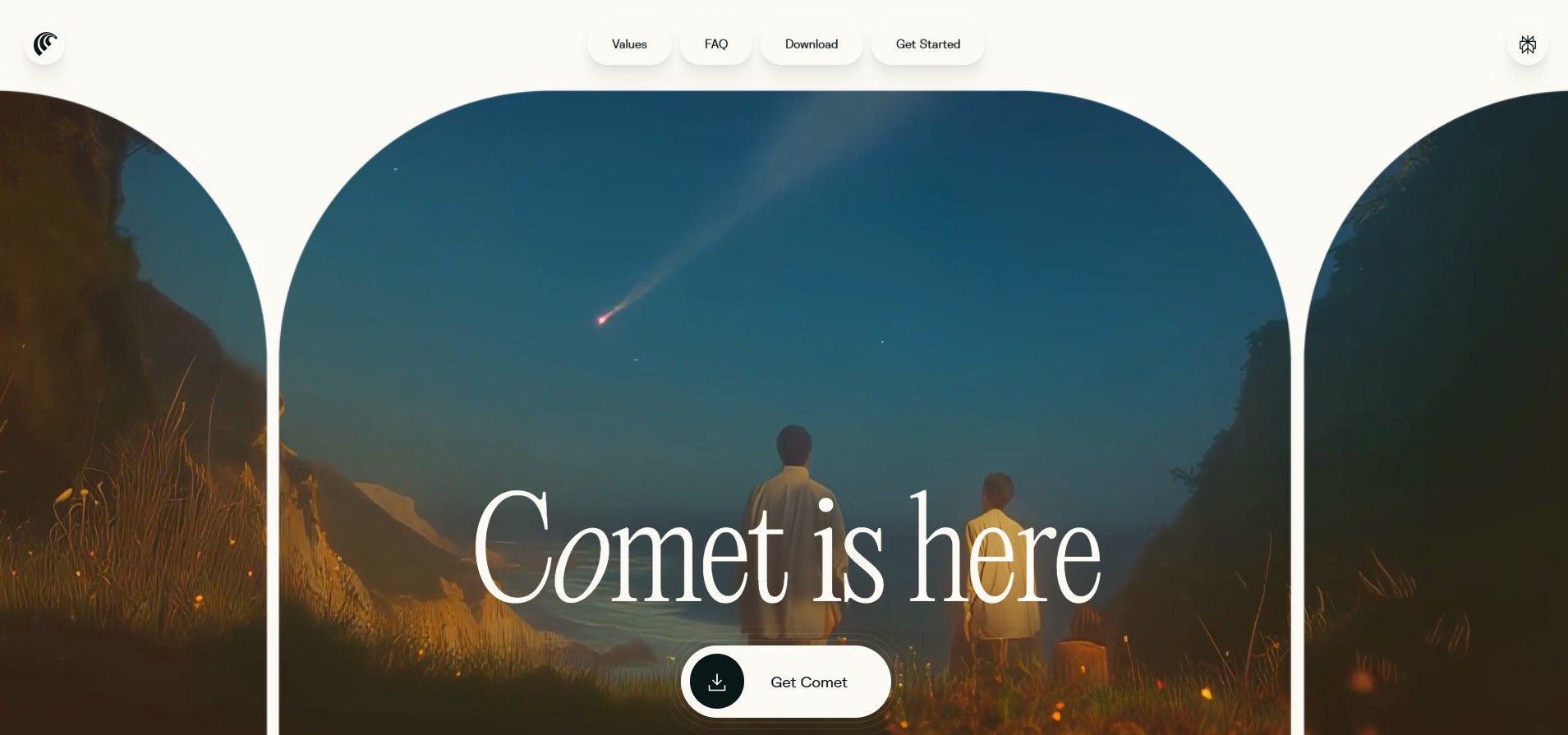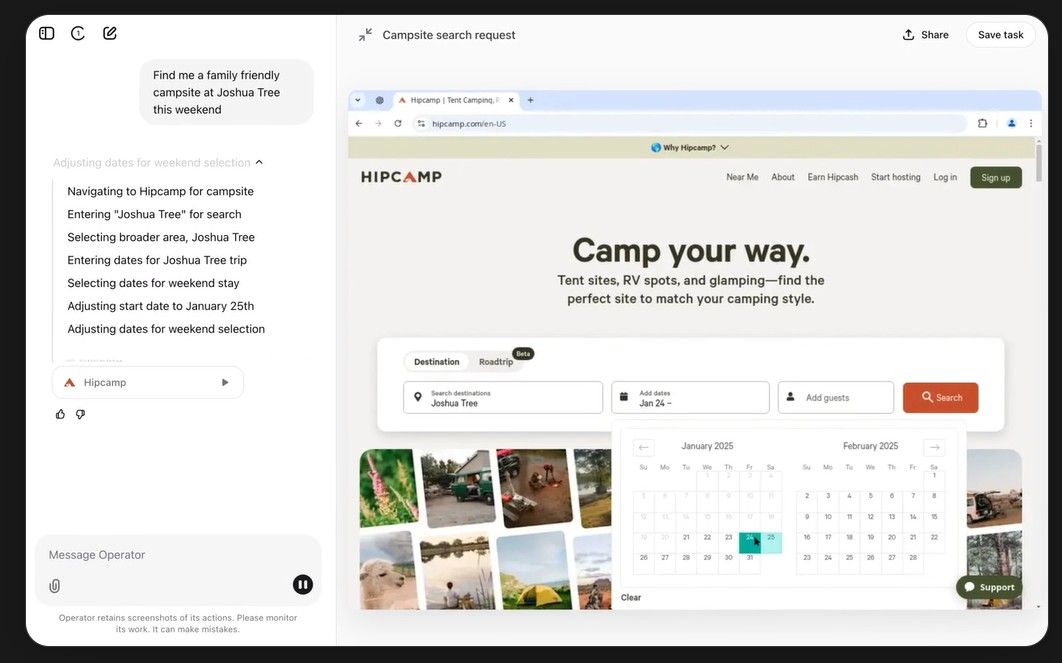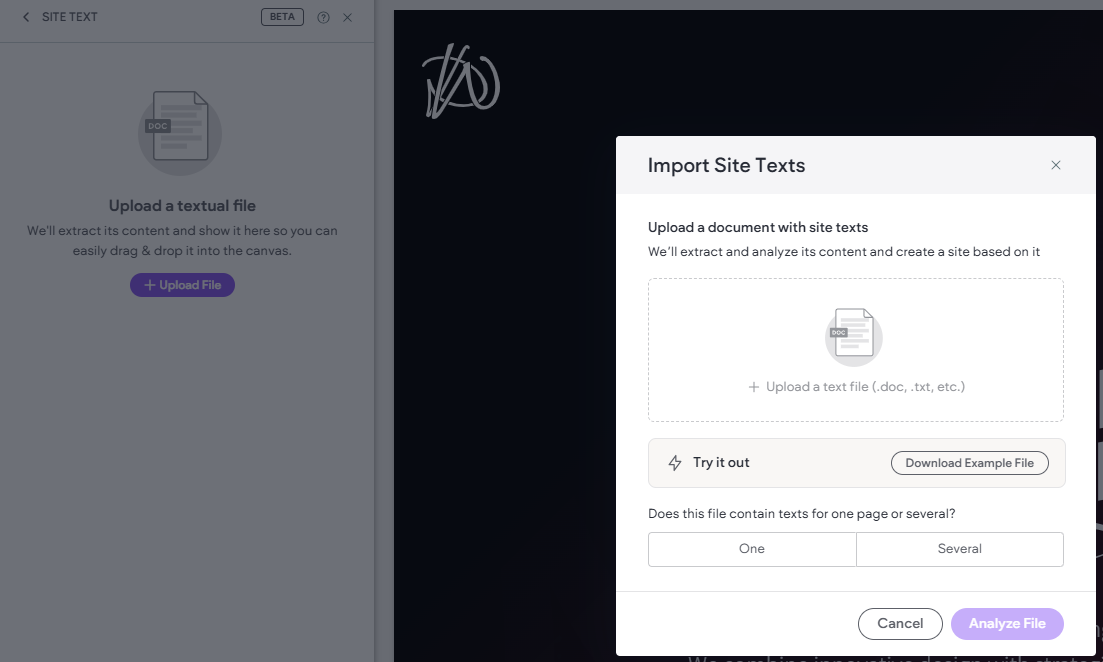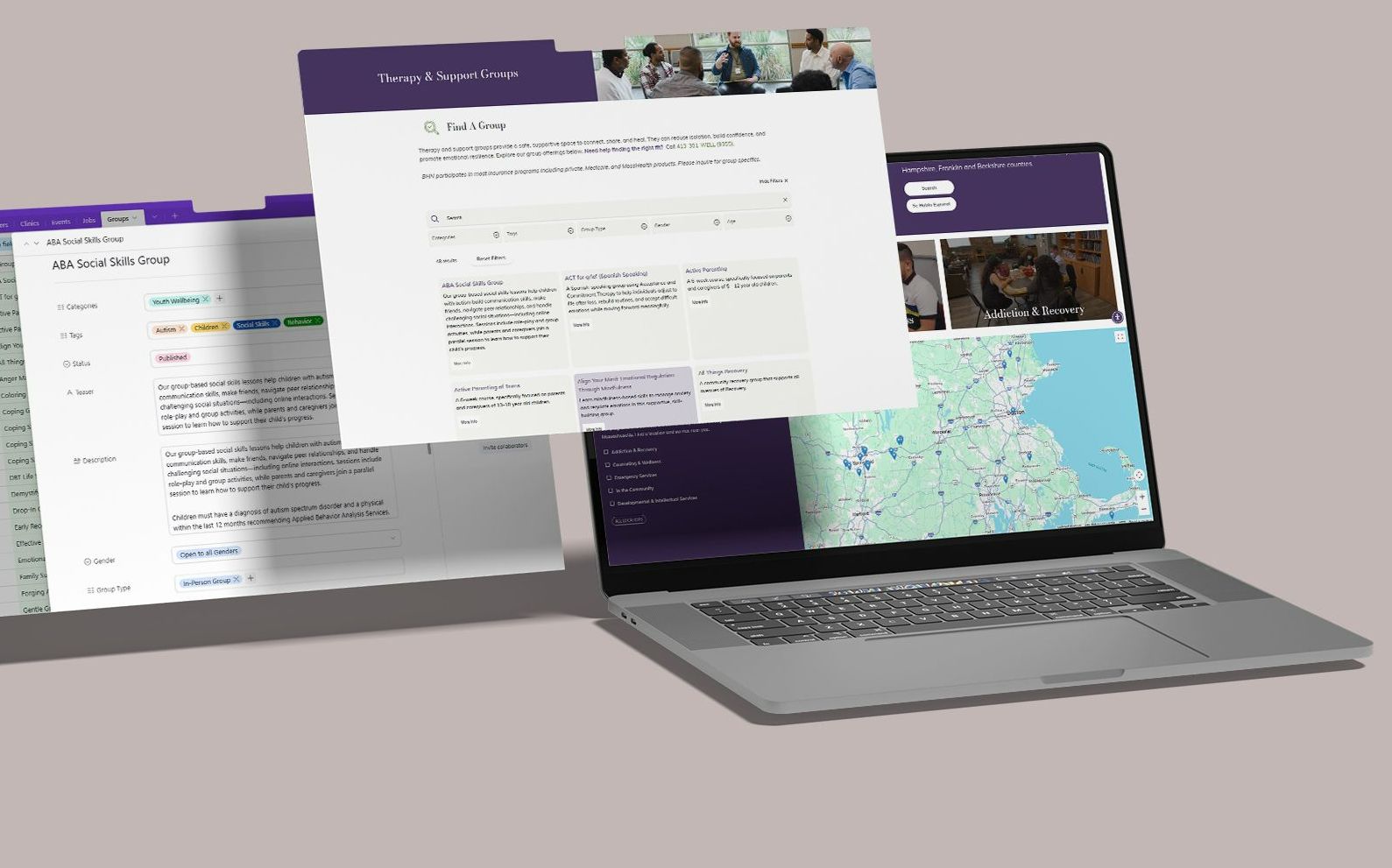What AI-powered Browsers Means for Your Website
AI companies are transforming the web browsing landscape by launching their own AI-powered browsers, directly challenging Google Chrome’s long-standing dominance.

New entrants like
Perplexity’s Comet and
Operator from OpenAI are at the forefront of this shift. These browsers go far beyond traditional search, integrating advanced AI assistants that can:
- Summarize web pages instantly
- Automate complex tasks (like booking appointments, filling out forms, or comparing products)
- Deliver conversational, real-time answers within the browsing experience
Instead of passively navigating tabs and links, users can interact with these browsers in natural language, asking questions, issuing commands, and letting the AI handle multi-step workflows. For example, Comet’s built-in sidebar assistant can answer questions about any page you’re viewing, while Operator can click, type, and navigate web interfaces just like a human, executing tasks from shopping to scheduling.
While Perplexity has been growing quickly, it remains much smaller than ChatGPT in both market share and overall user numbers—so you may not be familiar with the name yet. However, what really sets Perplexity apart is that they are the first among major AI chat platforms to introduce their own dedicated web browser. This move has definitely caught our attention.
As a web design and SEO agency, Wild Apple Design Group is dedicated to staying ahead of how new technology impacts visibility, and as AI-powered search tools become more prevalent, your website’s content is increasingly being surfaced directly in AI-generated answers and summaries—even if users never actually visit your site.
This shift means your expertise and brand can reach a broader audience in new ways, but it also changes how we think about website engagement and conversions. While traditional page views might decline, studies show that when users encounter clear, helpful content from your business in an AI search, they’re more likely to trust your brand and consider you as a solution when they’re ready to take action.
In fact, recent trends suggest that users who discover a business through AI-powered summaries are often further along in their decision-making process; if they do click through to your website, the odds of conversion are significantly higher compared to those arriving from general search results.
Shift from Clicks to Answers
Comet’s AI assistant can present your website’s key information directly in its sidebar or search results, allowing users to get instant answers without ever clicking through to your site. This mirrors how Google displays “featured snippets” at the top of its search results, highlighting the most relevant details for users right away.
Operator from OpenAI works in a similar way, but takes the concept even further. Operator can not only summarize content and answer questions about a web page, but it can also interact with the page on your behalf—filling out forms, booking appointments, or completing multi-step tasks—all without requiring the user to manually navigate or click through.

Content Structure and Clarity Matter More Than Ever
Well-organized, concise writing makes it easier for AI tools to accurately summarize and feature your information, especially when your site answers common questions in straightforward, natural language. This strategy closely mirrors traditional SEO best practices:
- Organize information with headings and bullet points
- Use simple, direct language to address user questions
- Highlight key points up front
The main difference now is that you’re optimizing not just for human readers and search engines, but also for AI assistants that extract and present your content directly to users. By focusing on clarity and structure, you increase the chances your site will be highlighted in AI-powered results, keeping your brand visible even as browsing habits evolve.
What can you do to optimize your site content for AI
- Audit Your Content: Ensure your site’s information is clear, well-structured, and answers common user questions directly. An easy way to accomplish this is to incorporate questions or FAQs and use natural language.
For example, instead of just describing your menu or services, you could include questions such as, “Do you offer dairy-free cheese options?” or “Is your kitchen 100% gluten-free?” and answer them in simple, friendly language. This makes your content more understandable for visitors and easier for AI-powered browsers to summarize. - Focus on Authority: Build trust through high-quality backlinks, transparent business information, online reviews, and up-to-date content.
- Optimize for Voice & Conversational Search: Think about how users might ask for your services or products in everyday language.
- Your Online Reputation Matters: AI tools continuously scan the web for mentions of your brand, analyzing sentiment and trends.
- Pay Attention to what Sources & Methods AI uses: It’s important to pay close attention to the sources and methods that AI tools like Perplexity rely on. During our research, we noticed that Perplexity referenced several third-party sites when searching for web design providers in our region—some of which suggested that our business would be included in their results. It made sense to create a free listing on the directory knowing its considered a trusted source.
Why Your Website Is Essential in the AI Search Era
Unlike traditional search engines like Google which often gather data from a variety of sources, including social media and third-party platforms, AI-powered search tools use their own algorithms to crawl and interpret your website content directly. This means that having clear, up-to-date information on your own website is more important than ever for ensuring accuracy and visibility in AI-driven results.
At Wild Apple Design Group, we’re proactively preparing your website for the age of AI-driven search and browsing by integrating the latest AI-friendly features into every site we build especially on the Breeze platform which we develop the majority of our websites on.
How Is Wild Apple Design Group Making Websites Ready for AI?
- Structured Data & Schema Markup
We add schema markup to your site so AI tools can easily interpret your business details, services, and FAQs. - Large Language Models (LLMs)
The Wild Apple Breeze Platform automatically creates an llms.txt file every time you publish your site, acting as a cheat sheet for AI tools like ChatGPT, Claude, and Perplexity.
Similar to how robots.txt guides search engines, llms.txt is designed specifically for large language models, providing them with a clear, structured overview of your site’s live URLs and meta descriptions (or meta titles).
This ensures that when AI tools reference your business, they pull accurate, up-to-date information directly from your actual content—not messy or outdated HTML.
Only public-facing pages are included, and the process is fully automated, making your site instantly more accessible and visible to AI-powered search and discovery! - Conversational Content & FAQs
We write clear, natural-language FAQs and direct answers to common customer questions, making your content easy for AI to summarize and display. - Optimized Headings & Content Structure
We organize your site with logical headings and concise sections, helping both AI and users quickly find key information. - Structure your content in a database like Airtable
Structuring your content in a database like Airtable not only keeps your nonprofit’s programs and resources organized and AI-friendly, but also makes it easy for businesses like restaurants to manage and update menus in one place, ensuring information stays accessible and up to date for both customers and assistive technologies. - AI-powered SEO
We use built-in AI tools to generate SEO-friendly content and meta descriptions. - AI-powered Alt text for images
We optimize images using AI-powered tools for faster load times and better discoverability. - AI-powered Site Health
Review the health of all of the links on your website, both internal and external, from a single location. - AI-powered Online Listings
We offer a listing service to manage your business listings across directories and platforms to ensure accuracy and improve how AI references your brand.
The big question on everyone’s mind: will people start using AI-powered browsers and move away from traditional options like Google Chrome, Microsoft Edge, and Safari? Current trends strongly suggest that a shift is underway. As AI browsers like Perplexity’s Comet and OpenAI’s Operator enter the scene, we’re seeing a wave of new services designed to make web browsing more intelligent, conversational, and efficient. This evolution mirrors how Google expanded beyond search into business tools, email, and much more—indicating that the browser landscape is set for major change.
AI browsers are quickly gaining traction because they offer features traditional browsers don’t, such as real-time answers, task automation, and seamless integration with other AI-powered tools. As user habits evolve and more people look for smarter, faster ways to access information, it’s likely we’ll see continued growth in AI browser adoption, alongside the emergence of new, innovative digital services.
In the meantime, we’re here to keep your business ahead of the game by building websites that look great, are easy to use, and are ready for whatever AI search throws our way. With our Breeze platform and smart SEO strategies, we’ll make sure your brand stands out, stays visible, and earns trust, no matter how fast the digital world changes.

About The Author
Eric Belliveau serves as the Director of Web Ops @ Wild Apple Design Group, bringing 25 years of expertise in content management workflows and systems. He’s passionate about helping organizations adopt and maximize the benefits of evolving web technologies, always with a strategic focus on long-term growth and success.





